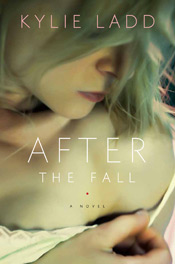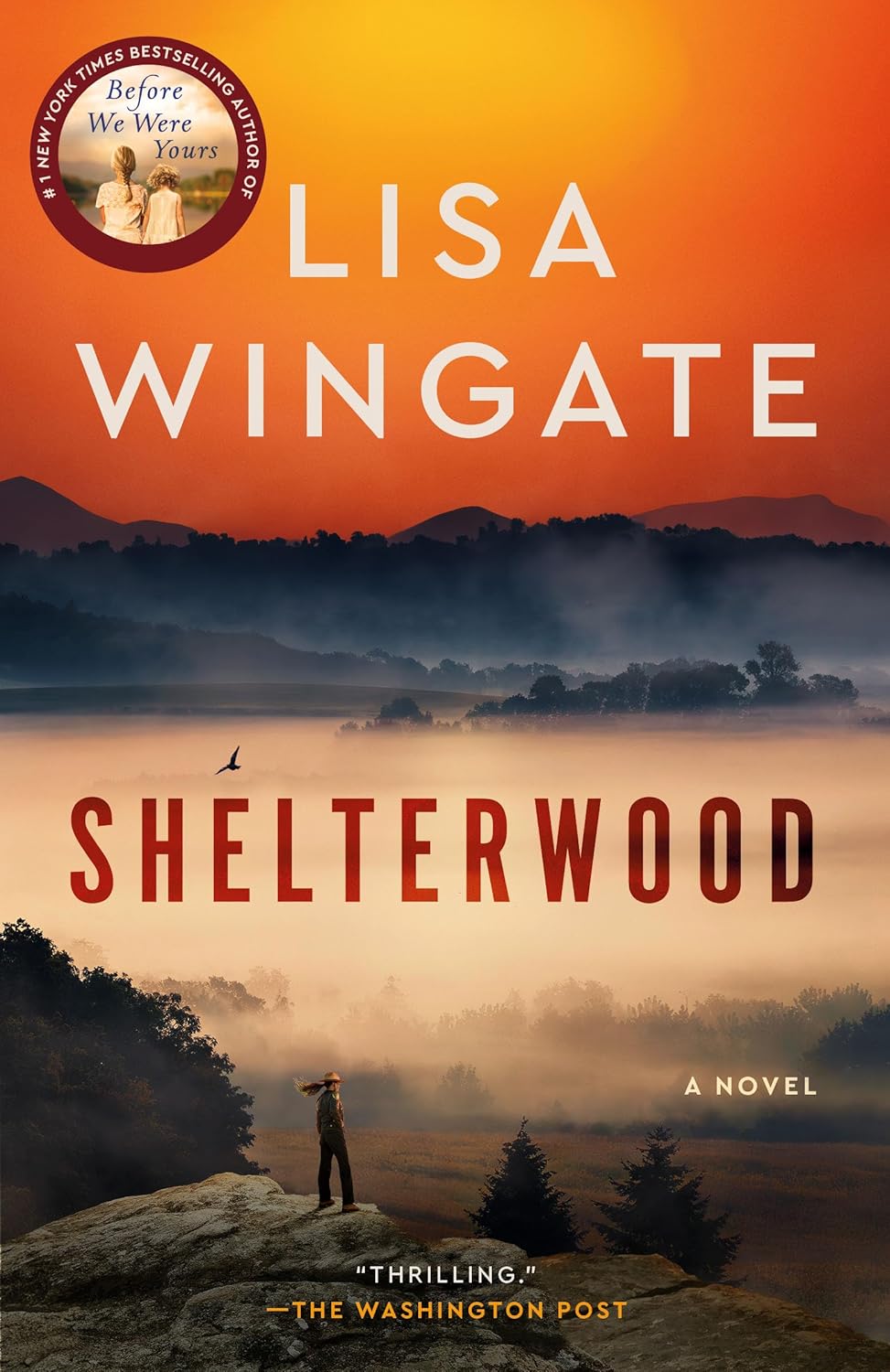In today's guest post, author Kylie Ladd talks about the somewhat controversial title of her new book, AFTER THE FALL. It's always interesting to me what an author has done intentionally and what they have not. In this case, Kylie's title is very intentional, but the fact that it was the title of another famous work was definitley not!
 On Falling
On Falling
Not long after my novel AFTER THE FALL was published in my home town (and the novel’s setting) of Melbourne, Australia, it was reviewed by the city’s leading newspaper. Though mostly positive, the review did take me to task for one thing: my choice of title. “Why on earth,” it asked, “would Ladd invite comparison of her work with that of Arthur Miller, America’s best-loved playwright?”
To be perfectly honest, Ladd hadn’t even considered the possibility. Though Literature was my minor in college and I am a voracious reader, until that review I didn’t know that Miller had written a play with the same title as my book. I had studied THE CRUCIBLE and DEATH OF A SALESMAN, of course, and seen A VIEW FROM THE BRIDGE, but AFTER THE FALL had completely escaped my notice.
I’m glad it did. If I had known of the existence of Miller’s work, I may have felt obliged to change my own title. Yet this was the first thing about the novel that came to me, that felt absolutely, unswervingly right, and was something I never wavered on. Right from the start, I loved the ambiguities and possibilities of the book’s title. Those three words kept me on track while I was writing it. AFTER THE FALL is about four friends—Kate, who is married to Cary, and Cressida, who is married to Luke—and what happens when Kate and Luke have an affair. The "fall" of the title, then, is about them falling in love, “an impulse,” as Kate says, “as difficult to resist as gravity.” Towards the end of my first draft I stumbled across an unattributed quote that I seized on for the book’s epigraph: “Trip over love, you can get up. Fall in love and you fall forever.” It was perfect. I didn’t have a story about tripping. I had a story about the fall.
I also loved the physicality of the word “fall.” A fall is never planned, and is completely irreversible...it is almost always a shock, a surrender, a humiliation. A few months ago I was running late for my own book group, which is held in the bookstore of a local shopping strip. As I dashed across the road in front of the store the heel of my boot got caught in a small pothole, and down I went—so quickly that I didn’t have time to stretch my hands out and instead took the impact on my face and knees. Of course, everyone at book group saw what had happened through the store’s glass frontage, so I felt obliged to limp in and endure their sympathy and their jokes as if I was perfectly OK. To this day, I can’t tell you what book we discussed...all I remember is sitting there trying not to bleed onto my copy, my jaw and badly lacerated knee throbbing, my jeans shredded, my pride in tatters and my teeth still aching from the way they had slammed together when I hit the ground. Of course I wasn’t OK—five minutes after I got home my husband marched me up to the hospital, where I had two stitches put in my chin—but at the time I didn’t even think of leaving. I guess I was in shock. Falling can do that to you.
Finally, I loved the other connotations of the phrase “after the fall.” In the Christian tradition, “the fall” refers to original sin: after Adam and Eve eat the forbidden apple from the tree of knowledge, God casts them out of Eden and revokes their immortality. Then, too, my American editor pointed out to me that the words also evoke a change of season—the coming of winter, of dark and cold. I hadn’t thought of this, as we tend to use the term “autumn” in Australia, and was terrified that Doubleday might change my title to avoid ambiguity...to their credit, and my relief, they didn’t.
I still haven’t read or seen Miller’s AFTER THE FALL, but I believe it can be interpreted as an account of his marriage to and divorce from Marilyn Monroe. I like that idea. I like that both our “Falls” are about the erosion of trust, the way relationships implode. There is no more painful fall than the fall out of love.
-- Kylie Ladd, Author







